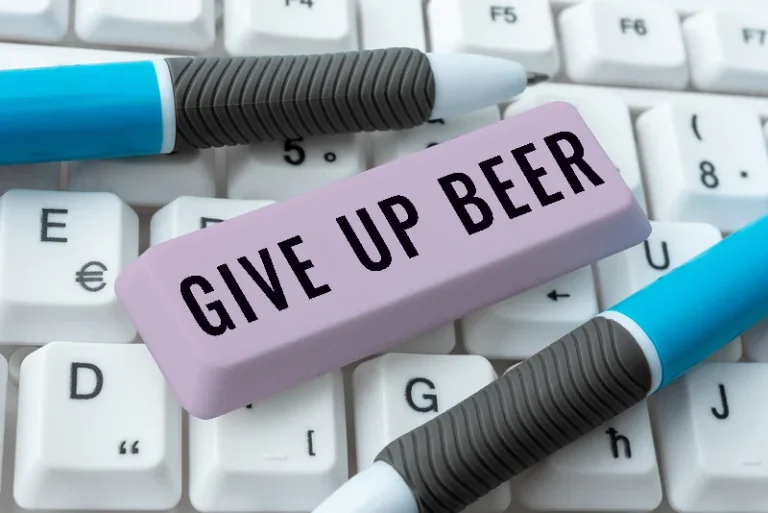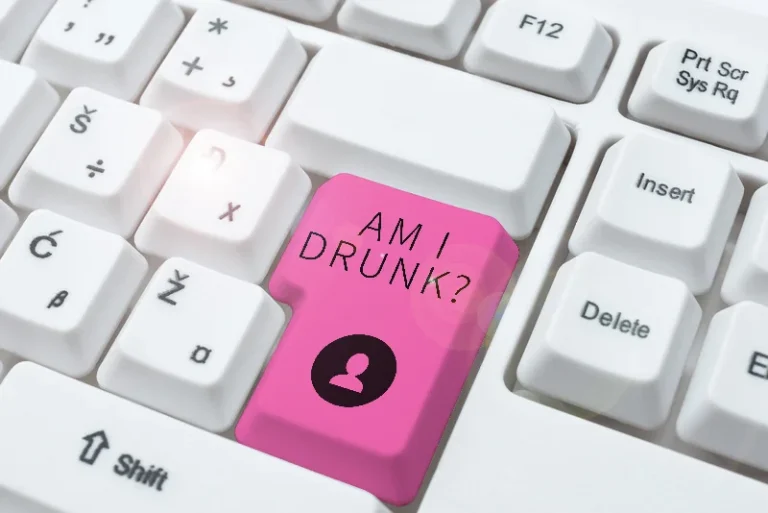- Empty cart.
- Continue Shopping
Amphetamine Addiction: Signs, Effects, & Treatment

Remember, keep this and all other medicines out of the reach of children, never share your medicines with others, and use amphetamine only for the indication prescribed. Your dose needs may change if you switch to a different brand, strength, or form of this medicine. Avoid medication errors by using only the medicine your doctor prescribes.
Amphetamines can be Addictive
Some amphetamines are not approved for medical use and are manufactured and used illegally. Amphetamines are illegal when they are used without a prescription to get high or improve performance. In this case, they are known as street, or recreational drugs, and using them can lead to addiction. Help from your health care provider, family, friends, support groups or an organized treatment program can help you overcome your drug addiction and stay drug-free. Drug addiction can start with experimental use of a recreational drug in social situations, and, for some people, the drug use becomes more frequent. For others, particularly with opioids, drug addiction begins when they take prescribed medicines or receive them from others who have prescriptions.
What causes amphetamine dependence?
Furthermore, collaboration and communication among interprofessional teams are emphasized, as this enhances patient outcomes by leveraging the expertise of diverse healthcare professionals. Amphetamines also cause an increase in norepinephrine, the hormone involved with the activation of the sympathetic nervous system, which is what controls our “fight-or-flight” mechanism, Franssen said. Norepinephrine causes the physical side effects, such as increased respiration, heart rate and blood pressure.

Amphetamine addiction signs and symptoms

Substituted cathinones, also called “bath salts,” are mind-altering (psychoactive) substances similar to amphetamines such as ecstasy (MDMA) and cocaine. You should take FDA-approved amphetamines orally (by mouth) as directed by your healthcare provider. Stimulants increase the activity of your central nervous system or the part of your brain that https://ecosoberhouse.com/ sends messages to nerves to tell them how to complete their jobs. Your doctor may prescribe medication to ease severe symptoms of withdrawal. Your doctor may also prescribe other medications to help relieve symptoms of anxiety, depression, and aggression. You may need to use a similar drug to relieve or avoid amphetamine withdrawal symptoms.
- Symptoms of amphetamine toxicity span a spectrum, encompassing tachycardia, hypertension, impulsivity, aggression, serotonin syndrome, psychosis, and seizures, underscoring the complexity of its clinical manifestations.
- Amphetamines belong to a class of CNS stimulants called phenethylamines.
- Outpatient treatment for amphetamine addiction can be a beneficial option for people who are unable to commit to an inpatient stay or who have less severe addictions.
- Research shows that people with ADHD had a lower rate of substance use disorder if they were medically treated versus not receiving treatment.
- Sales of Benzedrine and Dexedrine in chemist stores were unrestricted until 1939, when these drugs could only be obtained either on prescription from a registered medical practitioner or by signing the Poison Register (Bett, 1946).
- L-Amphetamine releases noradrenaline, dopamine and 5-HT from synaptosomes (Heikkila et al., 1975; Holmes and Rutledge, 1976) and noradrenaline and dopamine from rat brain slices (Easton et al., 2007).
- They’re also sometimes used by medical professionals to treat other disorders.
Everything You Need to Know About Meth

Treatment is available if you need help with substance use or misuse. Amphetamine-related psychiatric disorders can occur with acute or chronic use. Acute amphetamine use with resultant psychosis can present like a sympathomimetic toxidrome. Vital signs and a detailed history are difficult to obtain secondary to agitation, paranoia, and the extent of psychosis. The diagnosis should be considered in any patient with tachycardia, hypertension, and psychosis.
- Therefore, treatment should focus on symptom and complication management.
- Doctors prescribe amphetamines for conditions such as ADHD, obesity, narcolepsy, and depression.
- In a 2017 survey of Ontario students in grades 7 to 12, about two percent of students reported non-medical use of ADHD stimulant drugs in the past year.
- Meth is smoked, snorted, injected, and can reach the brain quickly, causing considerable damage.
- MDMA differs from other amphetamines in that it also interferes with the reuptake of serotonin (another neurotransmitter) in the brain.
- Although these effects can occur in any user, people with a mental health disorder, such as schizophrenia, are more vulnerable to them.
Outpatient Treatment Programs
Lisdexamfetamine may be preferred if there is increased concern for misuse by the patient or a household member, as its chemically-phased release allows for once-daily dosing and may theoretically deter abuse. Lisdexamfetamine is available as capsules amphetamine addiction or chewable tablets, and typical daily dosages range from 20 mg to 70 mg. Symptoms include hallucinations, delusions, paranoia, and bizarre and violent behaviour. These symptoms usually disappear a few days or weeks after the drug use has stopped.
Types of Amphetamines
- Because of this, a person living with addiction is not “weak” or “lacking in willpower.” A person can manage this chronic, progressive health condition with appropriate treatment, just as people can manage many other health conditions.
- Finally, obtaining serum creatine kinase and lactic acid levels may help identify muscle damage and tissue ischemia related to tonic-clonic seizures, myoclonus, or hyperthermia.
- These drugs were also used medically to treat obesity and depression.
- This activity will highlight the mechanism of action, adverse effect profile, and other key factors (e.g., dosing, monitoring, toxicity) pertinent for members of the interprofessional team in the treatment of patients with ADHD and narcolepsy.
- If you take more than one stimulant at a time, you have a higher risk of experiencing a stroke or heart attack, and your body may overheat.
Addictive Substances

